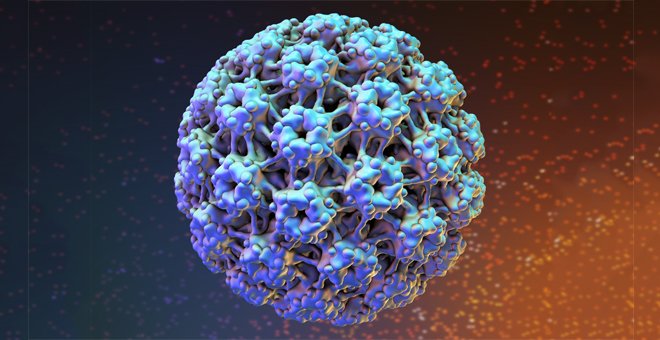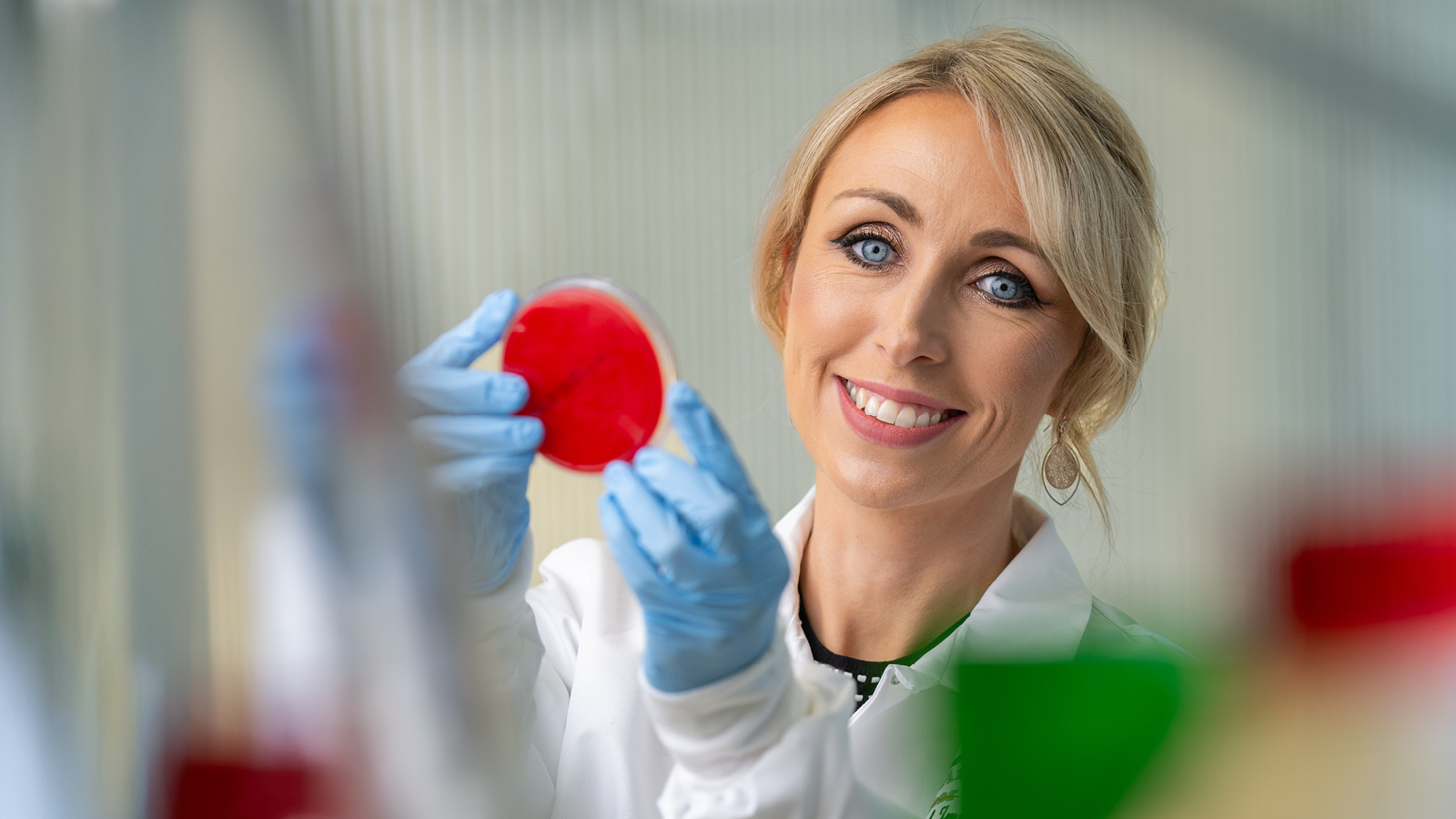- Diseases
- Acoustic Neuroma (14)
- Adrenal Gland Tumor (24)
- Anal Cancer (68)
- Anemia (2)
- Appendix Cancer (16)
- Bile Duct Cancer (26)
- Bladder Cancer (72)
- Brain Metastases (28)
- Brain Tumor (232)
- Breast Cancer (714)
- Breast Implant-Associated Anaplastic Large Cell Lymphoma (2)
- Cancer of Unknown Primary (4)
- Carcinoid Tumor (8)
- Cervical Cancer (158)
- Colon Cancer (166)
- Colorectal Cancer (118)
- Endocrine Tumor (4)
- Esophageal Cancer (44)
- Eye Cancer (36)
- Fallopian Tube Cancer (8)
- Germ Cell Tumor (4)
- Gestational Trophoblastic Disease (2)
- Head and Neck Cancer (12)
- Kidney Cancer (128)
- Leukemia (342)
- Liver Cancer (50)
- Lung Cancer (286)
- Lymphoma (278)
- Mesothelioma (14)
- Metastasis (30)
- Multiple Myeloma (100)
- Myelodysplastic Syndrome (60)
- Myeloproliferative Neoplasm (6)
- Neuroendocrine Tumors (16)
- Oral Cancer (100)
- Ovarian Cancer (172)
- Pancreatic Cancer (160)
- Parathyroid Disease (2)
- Penile Cancer (14)
- Pituitary Tumor (6)
- Prostate Cancer (146)
- Rectal Cancer (58)
- Renal Medullary Carcinoma (6)
- Salivary Gland Cancer (14)
- Sarcoma (238)
- Skin Cancer (296)
- Skull Base Tumors (56)
- Spinal Tumor (12)
- Stomach Cancer (64)
- Testicular Cancer (28)
- Throat Cancer (92)
- Thymoma (6)
- Thyroid Cancer (98)
- Tonsil Cancer (30)
- Uterine Cancer (80)
- Vaginal Cancer (16)
- Vulvar Cancer (20)
- Cancer Topic
- Adolescent and Young Adult Cancer Issues (20)
- Advance Care Planning (10)
- Biostatistics (2)
- Blood Donation (18)
- Bone Health (8)
- COVID-19 (362)
- Cancer Recurrence (120)
- Childhood Cancer Issues (120)
- Clinical Trials (632)
- Complementary Integrative Medicine (22)
- Cytogenetics (2)
- DNA Methylation (4)
- Diagnosis (232)
- Epigenetics (6)
- Fertility (62)
- Follow-up Guidelines (2)
- Health Disparities (14)
- Hereditary Cancer Syndromes (126)
- Immunology (18)
- Li-Fraumeni Syndrome (8)
- Mental Health (116)
- Molecular Diagnostics (8)
- Pain Management (62)
- Palliative Care (8)
- Pathology (10)
- Physical Therapy (18)
- Pregnancy (18)
- Prevention (918)
- Research (392)
- Second Opinion (74)
- Sexuality (16)
- Side Effects (604)
- Sleep Disorders (10)
- Stem Cell Transplantation Cellular Therapy (216)
- Support (402)
- Survivorship (322)
- Symptoms (182)
- Treatment (1786)
Committed to making cervical cancer screening easier
3 minute read | Published January 08, 2025
Medically Reviewed | Last reviewed by Jane Montealegre, Ph.D., on January 08, 2025
When it comes to eliminating cervical cancer, prevention and screening are vital. Behavioral science and cancer researcher Jane Montealegre, Ph.D., recently joined MD Anderson to advance cervical cancer screening.
We recently spoke with her to learn more about her background, her work and why she joined MD Anderson. Here’s what she said.
How did you get your start as a cancer researcher?
Growing up in Guatemala, I was mesmerized by insects and always studying them. When I found out they could cause diseases, I was fascinated.
As a graduate student, I focused on parasites and studied one that caused blindness in Guatemalan coffee workers. I was spending all this time in a lab studying diseases that impacted humans when I realized I liked the humans more than the lab. That’s how I came to public health.
Eventually, I started to study access to health care, which led me to study access to cervical cancer screening. Today, I’m an associate professor of behavioral science and cancer researcher at MD Anderson.
What programs are you currently focused on?
A large part of my job at MD Anderson is working on the Expanding Access to Cervical Cancer Screening through Primary HR-HPV Testing and Self-Sampling program, a private-public partnership pioneering self-screening tests for cervical cancer. Patients are given the screening kits at any health care appointment they might attend, like a clinic visit. We call it opportunistic screening. They can take the samples themselves, and then the samples are sent to the laboratory for testing.
A navigator calls them with the results and walks them through what’s next. This part is so important. It’s the phase where we lose a lot of patients. They’re either scared, or don’t know what to do, or don’t have time. Most of the time they don’t have cancer but they need some sort of follow-up care. The work our navigators do is critical because it helps them stay calm and receive the care they need.
I’m also working with our partners through the Rice Bioengineering Collaborative to bring low-cost screening devices to clinics.
Why is cervical cancer screening so important?
So many cases of cervical cancer could be prevented or treated successfully if more people had had access to early screening. Through screening, we can detect precancerous cells and then protect against cancer.
Women usually put themselves last. At the end of the day, they’ve taken care of everyone else, but they haven’t taken care of themselves. Finding time for health screenings is really a challenge, so we’re working to eliminate all the barriers surrounding that.
What about coming to MD Anderson excites you most?
MD Anderson has an incredibly robust cervical cancer screening program. When I had the chance to move my work over here last year, I jumped at it. I’m just amazed at MD Anderson’s Global Oncology program, which fosters collaborations with governments and mission-aligned organizations to advance education, training, public policy and research initiatives. MD Anderson runs cancer screening programs in Mozambique and Zambia.
There is so much those of us who work with U.S. underserved populations can learn from global health programs. I couldn’t think of a better place to continue my work than MD Anderson.
Jane Montealegre, Ph.D., is an associate professor of Behavioral Science at MD Anderson.

So many cases of cervical cancer could be prevented or treated successfully if more people had had access to early screening.
Jane Montealegre, Ph.D.
Researcher






